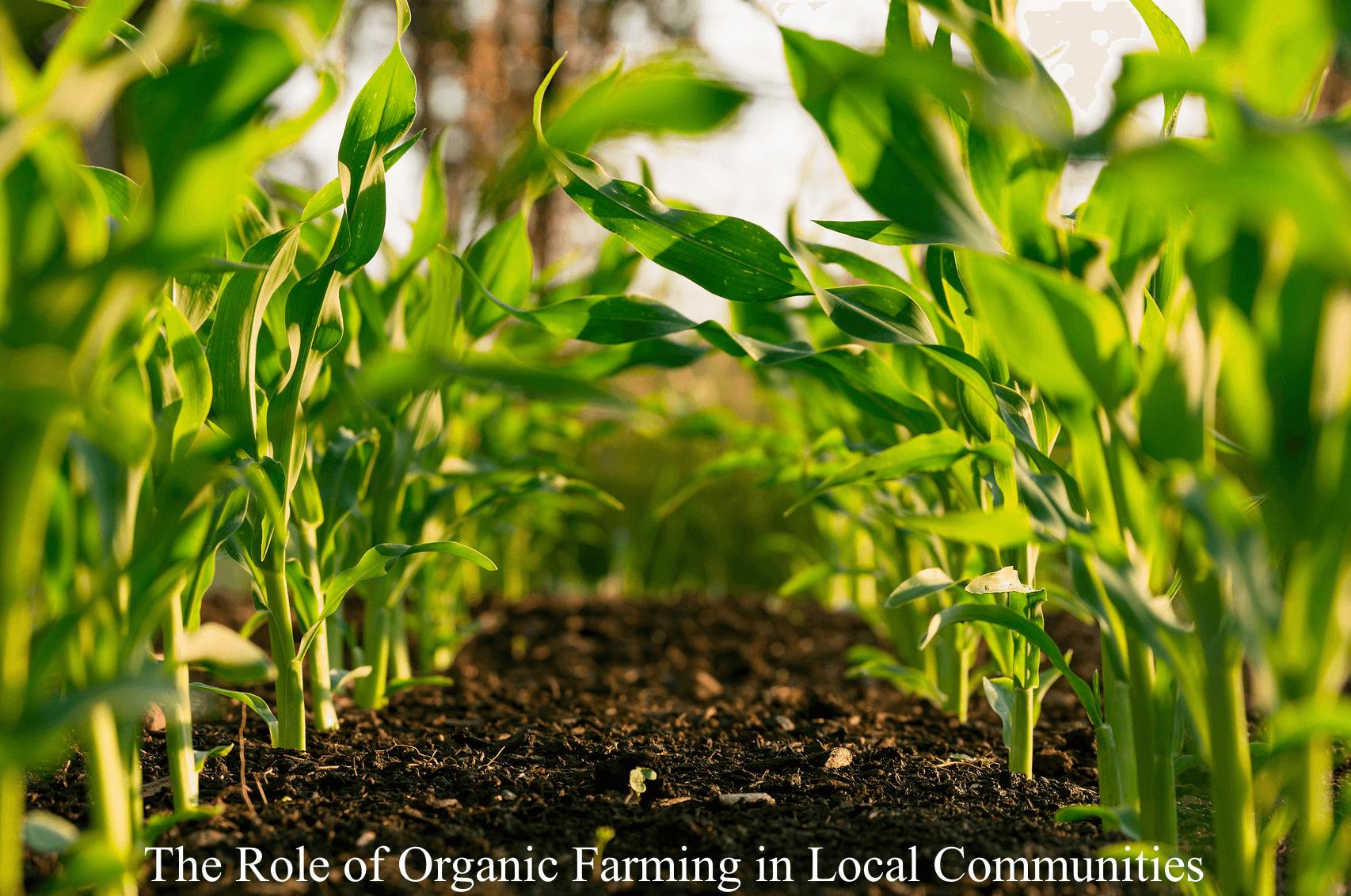The agricultural practice known as organic farming places an emphasis on the use of methods that are both natural and environmentally friendly in order to cultivate crops and raise livestock. It is a method of food production that places a high value on the stewardship of the environment, the welfare of animals, and the well-being of the community as a whole. One of the distinctive characteristics of organic farming is its potential to fortify the communities in which it is practiced. In today’s article, we will discuss the impact that organic farming can have on the communities it serves.

-
Access to Fresh, Nutritious Food
One of the most significant benefits of organic farming for local communities is the availability of fresh, nutritious food. By growing crops and raising livestock using sustainable methods, organic farmers produce food that is free from harmful chemicals and additives. This food is often sold at local farmers’ markets, providing residents with access to healthy, locally grown produce.
-
Support for Local Businesses
Organic farming can also play a crucial role in supporting local businesses. Farmers’ markets and other local food systems provide a platform for small-scale organic farmers to sell their products directly to consumers. This creates opportunities for entrepreneurship and can help support the growth of local businesses.
- Environmental Stewardship
Organic farming practices are designed to promote environmental stewardship. By avoiding the use of synthetic pesticides and fertilizers, organic farmers help protect soil health, water quality, and biodiversity. These practices help preserve the natural resources that local communities rely on, promoting long-term sustainability.
-
Community Education
Organic farming can also serve as a valuable tool for community education. Many organic farmers offer tours of their farms, host workshops, and provide educational resources to local schools and community organizations. These activities can help educate residents about sustainable farming practices and the importance of environmental conservation.
-
Social Connections
Finally, organic farming can help foster social connections within local communities. Farmers’ markets and other local food systems provide opportunities for residents to interact with one another, building a sense of community and promoting social cohesion. These connections can also provide opportunities for residents to learn from one another and share knowledge about sustainable living practices.
organic farming plays a critical role in promoting community well-being. By providing access to fresh, nutritious food, supporting local businesses, promoting environmental stewardship, providing opportunities for education, and fostering social connections, organic farming can help create healthy, sustainable communities. As we look to the future, it is clear that organic farming will continue to be a valuable tool for promoting local sustainability and community resilience.


No comment